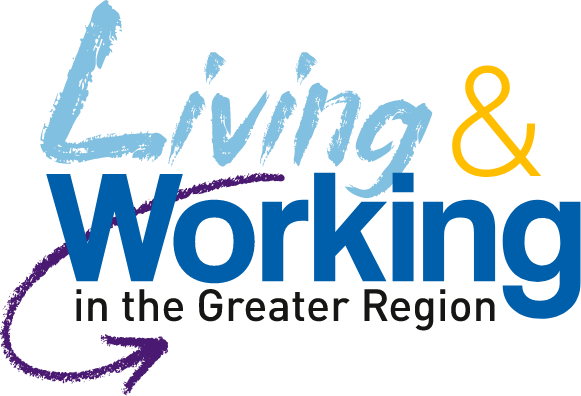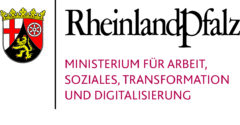Losing a spouse is a difficult experience, both emotionally and financially. Fortunately, the survivor’s pension – also known as a widow’s or widower’s pension – provides some financial stability to the surviving spouse or partner. For cross-border workers, the rules vary depending on the country in which they were employed. Here is an overview of the conditions and procedures you should be aware of.
What is a survivor’s pension?
It is a benefit paid to the surviving spouse or partner after the death of an insured person. It aims to compensate for the loss of income and ensure a minimum level of financial security.
Eligibility requirements by country
In France (reversion pension)
To qualify:
- The deceased must have been receiving or entitled to a retirement pension from the Retirement Insurance system.
- You must have been married to the deceased (civil partnerships do not entitle you to a reversion pension).
- You must be at least 55 years old.
Your gross annual income must not exceed:
- €24,710.40 if you live alone
- €39,536.64 if you live as a couple
These amounts apply for 2025 and are subject to revision.
Amount: 54% of the pension that the deceased was receiving (or would have received) for a full career.
In Luxembourg (survivor’s pension)
Two scenarios:
- If the deceased was already receiving a pension: no prior conditions required.
- Otherwise: the deceased must have contributed for at least 12 months in the 3 years prior to their death.
Additional conditions:
- The marriage or partnership must have lasted at least one year.
- The deceased must not have already been retired due to disability or old age at the time of marriage/partnership.
However, survivor’s pension rights are also granted if any of the following conditions are met:
- A child was born to the couple or legitimized by the marriage.
- Death resulted from an accident occurring after the marriage.
- The marriage or partnership lasted at least one year and the deceased was not more than 15 years older than the spouse/partner.
- The marriage or partnership lasted at least 10 years and the deceased was more than 15 years older than the spouse/partner.
Amount: For a full career, minimum €2,293.55 per month.
In Germany (widow/widower’s pension)
Requirements:
- The deceased must have contributed at least 5 years to the statutory pension insurance scheme.
- Marriage or civil partnership must have lasted at least one year before the death.
- The surviving spouse must not have remarried or entered a new civil partnership.
Two types of pensions:
- Small pension (kleine Witwenrente): typically 25% of the pension the deceased would have received at the time of death.
- Large pension (große Witwenrente): between 55% and 60% of what the deceased would have received.
In Belgium (survivor’s pension)
Requirements:
- Be at least 50 years old (applies for deaths in 2025) or already receiving a personal pension.
- Have been married for at least one year.
- Not be remarried.
- Must not have been convicted of harming the deceased.
Amount: Varies depending on other income, number of beneficiaries, etc.
In Switzerland (widow/widower’s pension)
Requirements:
- The deceased must have contributed for at least one year.
A widow is entitled if she:
- had a child with the deceased,
- or is at least 45 years old and was married for at least 5 years.
A widower may qualify if he has one or more dependent children.
Amount: Between CHF 1,008 and CHF 2,016 per month (2025 rates).
What are the procedures for cross-border workers?
If you had a mixed career
Submit your request to the competent organization in your country of residence (in France, the CARSAT). They will forward your request to the relevant foreign pension agencies.
➡️ In France, the request can be made:
- Online through your retirement account in 5 steps on the website,
- Or by mail, by completing the Cerfa form “Single request for basic survivor’s pension” and sending it to CARSAT, specifying your work history abroad.
If your career was exclusively cross-border
In Germany
➡️ Submit your application to the Deutsche Rentenversicherung using form R0500.
In Luxembourg
➡️ Apply to the National Pension Insurance Fund (CNAP) (form available on their website).
In Belgium
➡️ No application needed if the deceased was already receiving a pension or had not applied yet.
Otherwise, complete the “Reversion Pension Request” form (available on the Federal Pensions Service website or via mypension.be).
In Switzerland
➡️ Use form 318.371 – Survivor’s pension application, to be submitted to the last AVS compensation office that received contributions.
In summary
Survivor’s pensions are an important right, but eligibility and procedures vary significantly between countries. It is essential to be well-informed and submit your request to the appropriate agency to avoid delays or rejections.
For more information, visit our partner’s website Frontaliers Grand Est
























